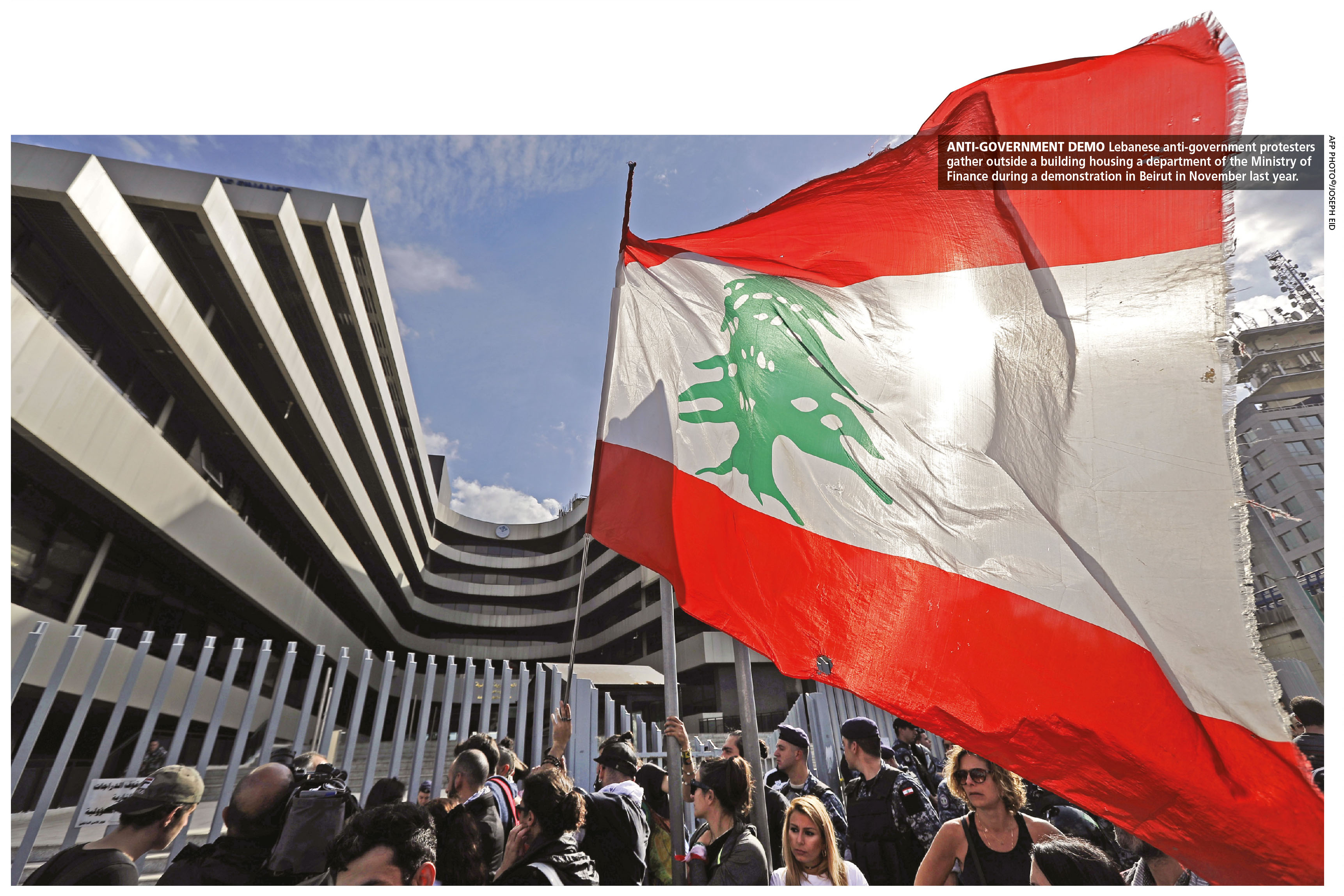OPERATION CLEANSE
OPPORTUNITY TO ROOT OUT CORRUPTION?
The recent pandemic has resulted in many countries starting to clean up their Augean stables – Rajika Jayatilake reports
The COVID-19 pandemic has overturned life as we knew it; but on a more positive note, its disastrous impact on global economies is enabling the mitigation of ingrained corruption in many countries.
As long as life is uneventful, it’s ‘business as usual’ – and that includes all the crime and vice of contemporary living.
In his book titled The Shame of the Cities, American investigative journalist, lecturer and political philosopher of an earlier time Lincoln Steffens wrote: “In all cities, the better classes – the businessmen – are the sources of corruption but they are so rarely pursued and caught that we do not fully realise whence the trouble comes.”
However, COVID-19 and the enforced lockdowns, as well as the disappearance of life as the world knew it, has led to people and entire countries converting to cleansing mode. The inward focus and pausing to take stock of the situation before planning for a totally new world has led many nations to face the truth.
In its post-COVID-19 trends report, Transparency International (TI) notes: “History shows that crises and disasters have continually set the stage for change, often for the better … We may never return to the world we left behind before COVID, and that has huge implications for anticorruption, governance and development.”
When SARS-CoV-2 infected communities across the globe, forcing governments to place their citizens under lockdown and halt all economic activity, the world also had to grapple with a serious economic meltdown. Since March, more than 100 countries in the throes of a financial crisis have reached out to the IMF for assistance to help keep their economies from going under.
Though Lebanon had a thriving middle class for a period of time, its government now believes that close to 75 percent of citizens are struggling below the poverty line and need financial assistance.
According to predictions by the International Monetary Fund, Lebanon will have one of the world’s worst recessions this year. Recently, hungry protesters thronged the streets of Beirut and revolted against banks, and their role in stealthily siphoning out corrupt money from the country. When Lebanon initiated talks with the IMF in May, the country’s leaders were immediately instructed to consider reforms for inclusive growth and widen the social safety net.
The monetary agency maintains that the Lebanese government has to prevent illicit money flowing out through the banking system in order to receive funds for the country’s medical and educational needs. The Lebanese Pound, which was pegged to the US Dollar for over two decades, recently lost 50 percent of its value on the black market.
A group of 97 civil society organisations wrote to the IMF in May and requested it to tie its aid packages to reforms because accountability and transparency are key “to protecting lives and livelihoods.”
At the same time, the agency is currently imposing conditions of accountability and promoting transparency to ensure that the financial resources it lends to needy nations are used for the intended purposes.
Many countries including Gabon, Moldova, Nigeria, Afghanistan and Pakistan were compelled to commit to good practices, which enhance transparency and accountability, to qualify for crisis related emergency aid from the IMF.
Critical aid amounting to US$ 5.5 billion to Ukraine has been put on hold by the IMF due to corruption concerns. Ukrainian President Volodymyr Zelensky, who came to power on an anticorruption platform less than a year ago, appears to be bowing down to pressure from the oligarchs who have controlled the country’s economy and politics since its independence in 1991.
Former Ukrainian Prime Minister Oleksiy Honcharuk and most of his cabinet were recently fired because they acted contrary to the interests of these powerful insiders.
Meanwhile, the OECD Working Group on Bribery in International Business Transactions believes a country’s healthcare service is particularly vulnerable to corruption. It states: “Corrupt business dealings endanger vital public services, which in the health sector could result in out-of-date, harmful, ineffective or unequal access to medicines and medical equipment.”
Despite such possibilities, the IMF recently provided nearly 500 million dollars in grants to cover six months of debt repayments of 25 poor countries. Soon after that, the G20 coalition suspended debt repayments amounting to at least US$ 12 billion for 76 countries from the beginning of May 2020 until the end of this year.
In both cases, around 50 percent of the nations that received debt relief were in the bottom quarter of the World Bank’s Control of Corruption index. The Chair of the OECD Working Group Drago Kos explains: “It’s vital that countries remain actively engaged in anticorruption efforts and work together to ensure their efforts to overcome this crisis are not weakened by corruption.”
Scottish philosopher David Hume summed this up best when he said that “the corruption of the best things gives rise to the worst.”






Leave a comment